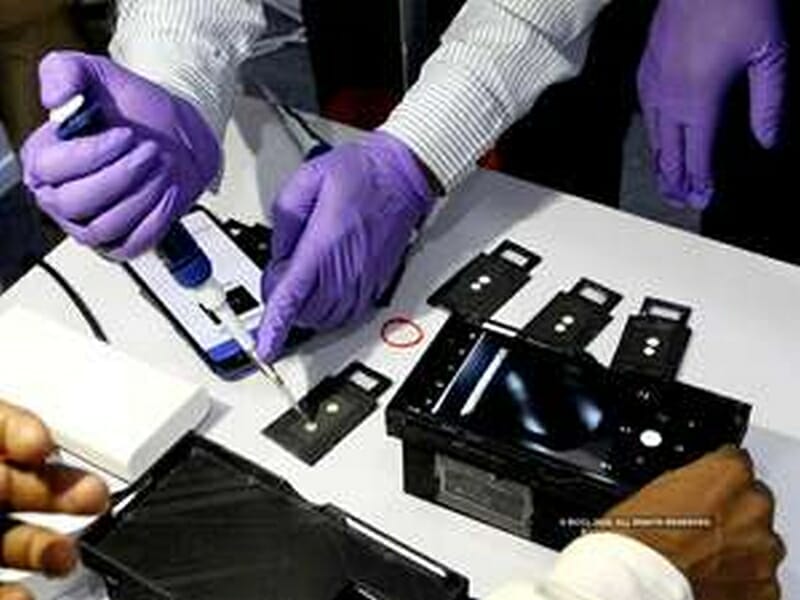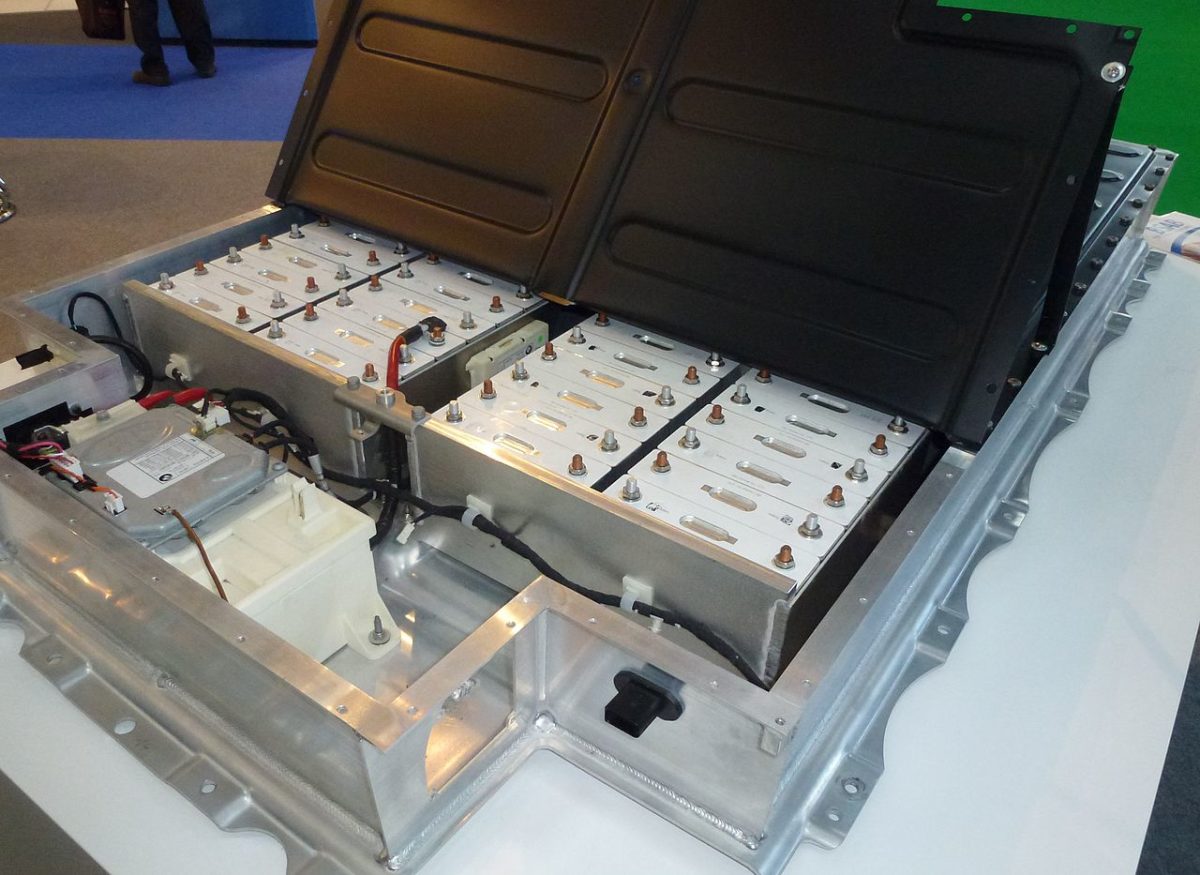Shiv Nadar University, an Institution of Eminence (IoE) as chosen by the Government of India, today announced the development of a technology of Lithium-Sulfur (Li-S) batteries. The research will aid the production of cost-effective, compact, energy-efficient, safe and environment-friendly Li-S batteries, also offering a viable alternative to Lithium-ion batteries commonly used in Electric vehicles at present. The Li-S battery technology by Shiv Nadar University leverages principles of Green Chemistry, incorporating the usage of by-products from the petroleum industry (Sulfur), agro-waste elements and co-polymers such as cardanol (a by-product of cashew nut processing) and eugenol (clove oil) as cathodic materials.
More details
It has the potential to aid multi-billion dollar industries including tech gadgets, drones, electric vehicles (EV) and several more that depend on Lithium-Ion batteries at present and the entire industry could potentially be revolutionized with the entry of such Eco friendly and safe alternatives.

The new battery technology has been developed after extensive research of five years by Shiv Nadar University’s Associate Professor in the Department of Chemistry, Dr Bimlesh Lochab. The research reveals that this Li-S battery technology – once put into production – will be significantly cheaper and sustainable, while offering up to three times higher energy density with intrinsic flame-retardant properties. Dr Lochab’s team has partnered with Indian Institute of Technology-Bombay’s Professor in the Department of Energy Science and Engineering, Dr Sagar Mitra, to use this research for the development of a Li-S battery prototype.
Official Statement
Dr Rupamanjari Ghosh, Vice-Chancellor, Shiv Nadar University, said: “It is a very proud moment for all of us at Shiv Nadar University. This breakthrough research by Dr Lochab underlines the need for clean energy solutions at a time when our dependence on battery-operated devices has increased manifold. It is one of our priority areas of research that reflects Shiv Nadar University’s commitment to addressing challenges of local and global importance, and help elevate Indian research on the global map.”

Elaborating on her research work, Dr Bimlesh Lochab, said: “The research focuses on the principles of Green Chemistry to find a solution that addresses the requirements of industries and the environment, simultaneously. The capability of 3x energy density, coupled with being a significantly safer technology, holds the promise of accelerating the adoption of clean, battery-led energy across multiple domains. For example, an electric car with a 400 km range using conventional Lithium-ion batteries can now quadruple its range to 1600 km on a single charge with this technology, while being compact in size and much safer to use than traditional Lithium-ion batteries. To put this in perspective, it could mean driving from Delhi to Mumbai on a single charge and still being left with power.”
How it works
The new battery technology synthesizes a bio-based molecule, capable of commercial-scale production. The research includes a new type of cathode for Li-S batteries, which can help push the promising battery technology to higher performance levels. The use of cardanol for Sulfur-based structures as an unconventional application to create cathode materials, in this next generation Li-S battery technology has exhibited enhanced capacity retention (among the highest charge capacities reported) and longer battery life in a significantly smaller battery unit. The Sulfur for the battery is sourced from industrial waste and cardanol is sourced from bio-renewable feed-stock that is easily available, non-toxic and environmentally friendly. In addition, the research innovatively used eugenol (derived from clove oil) copolymer, which is also environmentally sustainable, halogen-free, flame-retardant, and reduces the combustible propensities, making the battery remarkably safe to use.
The Market
The current market for Lithium-ion batteries in EVs alone is pegged at US$ 44 billion that is expected to grow, despite the challenges posed by the COVID-19 pandemic, at a very healthy 22% CAGR according to an analysis by Technavio. The development of more sustainable battery solutions is critical as more EVs hit the roads, and as electric utilities seek better options for storing power from intermittent renewable.
Also read: Indian Oil Launches Battery Swapping Facility For Electric Vehicles
The National Electric Mobility Mission Plan 2020, with a projection of getting 6-7 million electric vehicles on Indian roads and the installation of 175 GW of renewable energy by 2022 are also potential demand drivers for new battery technology. The three key issues to address are safety, energy density, and cost.
